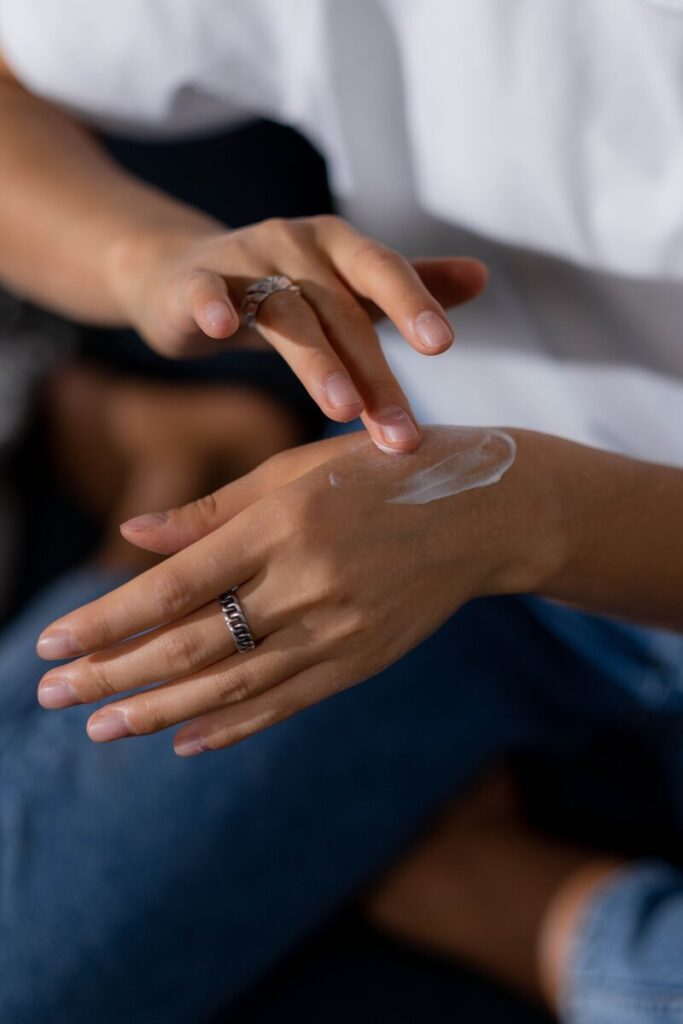Dermatologists are experts at diagnosing and treating skin conditions. But did you know there’s another type of doctor who gets an even closer look at your skin?
That’s right…a dermatopathologist is a pathologist of the skin! They focus all day, every day, on looking at and diagnosing skin conditions on a microscopic (and sometimes molecular) level.
Dermatopathologists not only help patients, but dermatologists, too, by confirming suspected diagnoses and providing insight into complex cases that we can’t diagnose purely clinically.
The journey of your skin being evaluated by a dermatopathologist begins with a skin biopsy. Perhaps you’ve had one of these. Typically, the dermatologist will see something suspicious or be puzzled by the true nature of something. This leads to us sampling the lesion and sending it off to the lab for analysis. Note that the biopsy is not meant to remove or completely treat the lesion, it is simply taking a sample for diagnosis.
The dermatopathologist will then take the sample and embed it into a wax called paraffin and then slice it very thinly (we’re talking microns here!) and place onto a glass slide. The slide is then stained with dyes to help the pathologist see it better under the microscope. At last, the pathologist looks at the tissue under the microscope and renders a diagnosis.
Except it doesn’t always work out that simply. Sometimes the lesion is puzzling and at times it’s hard to know what type of cells are even being observed. This is when the dermatopathologist will use special stains or markers to help identify the true nature of the cells. Just like someone wearing a football jersey for their favorite team, cells wear markers depending on the type and where they come from. This can help determine the diagnosis when other factors are fuzzy. On an even deeper level, sometimes the dermatopathologist will look at the molecular makeup of the tissue and proteins to determine the cells of origin.
As you can see, this can be a laborious and difficult task coming up with an accurate diagnosis, but dermatopathologists are expert detectives of the skin. As dermatologists, we work closely with our dermatopathology colleagues by providing clinical insight into what we see with our eyes, and correlating that to what they are seeing under the microscope.
When you get that biopsy result back, just know that a whole team was involved in coming up with that diagnosis. And when the results are less than favorable, you’ve got not only your dermatologist routing you on, but a physician you never see in your corner as well.
For more info on biopsies and the role of dermatopathologists check out my podcast episode #12 with Dr. Johanna B. Moore!










